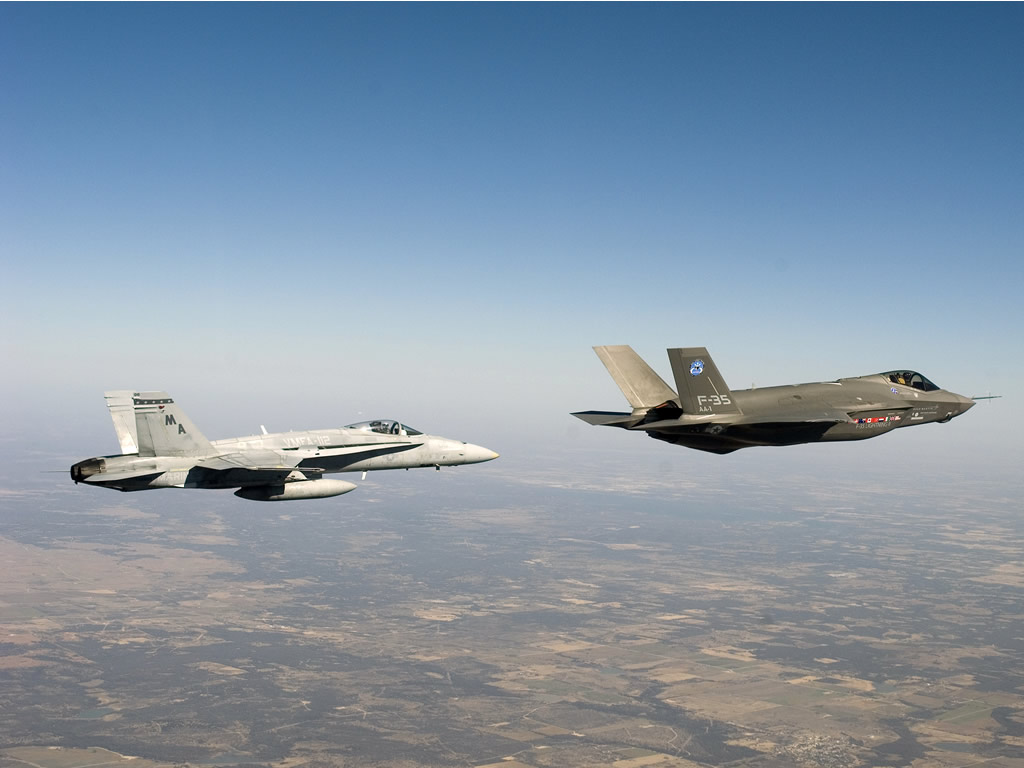Back in the 1950s through the late 1990s, we can all see the transition of music and how society became so positively involved and emerged into the musical art of expression. Back then, music had more meaning, more depth, and most importantly, it awakened sentiments within our souls that pushed us to fight for our rights and be consciously awake. Music was a tool of expression during the civil rights movement and a voice for the feminist movement. Back then, music was indeed conscious because it was far more than instrumental melodies and beats. It had meaningful lyrics that were empowering, engaging, and socially relatable. Conscious music pushes for social change and growth in a peaceful manner. It changes a person and alters moods. It adapts to society and renders something powerful to the powerless.
[captionpix align=”right” theme=”elegant” width=”200″ imgsrc=”http://natoassociation.ca/wp-content/uploads/2013/10/nicki.jpg” captiontext=”Nicki Minaj and Lil Wayne are some of today’s most popular musicians”]Some may call it an exercise of freedom of expression and others may call it an act of social justice, music that depicts social issues was highly popular and played a key role in expressing communal and national issues. Conscious music was most popular before the 2000s and before the emergence of the overrated and overhyped popularity of current ‘musicians’ like the demeaning Lil Wayne, the shameless Nicki Minaj and the over-sentimental Justin Bieber. Sadly, most of the youth today are imitating and praising these popular celebrities as some form of entities and role models. The conscious appeal has a whole new meaning to today’s generation that is far from socially uniting as it expresses the love for money and degrades women. Today, it is rare to see popular musicians connecting with society in an intellectual and uplifting level through their music.
Before the emergence of 2000s, many reputable conscious musicians like, Tupac Shakur, Bill Holiday, Michael Jackson, John Lennon and Bob Marley were all musical reporters. Through their lyrics, they expressed the politics that surrounded them and how it affected the community and the nation as a whole.
At that time, music was a tool for social evolution. It highlighted issues on race, gender, sexuality and politics and through it, people start to listen. For instance, Bill Holiday’s song ‘Strange Fruit’ represents the blacks that hung from the tree and it showcases the horrifying reality of lynching in the 1950s and 60s in the American South. Aretha Franklin’s song “Respect” came about during the civil rights movement. It pushed for the feminist movements and the demand for respect between both genders. It is certainly an empowering song for women.
[captionpix align=”left” theme=”elegant” width=”180″ imgsrc=”http://natoassociation.ca/wp-content/uploads/2013/10/bill-holiday.jpg” captiontext=”Bill Holiday”]
Tupac’s ‘Me Against the World’ talks about suppression, the senseless murders that happen in the black community and ultimately being on your own. It addresses the issue of being on your own when you have no one to support you, including the justice system. One verse reads:
Through this suppression
they punish the people that’s asking questions…The power is in the people and politics we address…Politicians and hypocrites, they don’t wanna listen…It’s just me against the world.
The message that comes with the lyrics is what truly depicts our social reality. For instance, Bob Dylan wrote a song called ‘Blowin in the Wind’ which protests against injustice. For instance “How many roads must a man walk down, before you can call him a man?” describes the racial injustices that were happening. Black men were not considered as equal to white and had to constantly prove their strength.
[captionpix align=”right” theme=”elegant” width=”150″ imgsrc=”http://natoassociation.ca/wp-content/uploads/2013/10/bob-dylan.jpg” captiontext=”Bob Dylan”]
In contrast to then and now, it can be seen that popular music had more depth and meaning. Music was an evaluating tool to society. Music in itself has an impact that is constantly relevant to what is happening in today’s society. It is a source of communication and trend. With the rise of international telecommunication and the world becoming increasingly integrated, music brings cultures and influences from all over the world. International components can be both thought-provoking and challenging. It’s a form of universal human expression. With so many different types of popular music across the world such as rap, techno, indie, and rock, it can be seen that music can be a uniting force of different cultures. With more thoughtful lyrics, popular music could also be a force to improve global social responsibility.
[youtube height=”250″ width=”800″]http://www.youtube.com/watch?v=Ay9BWM8lwOA[/youtube]




